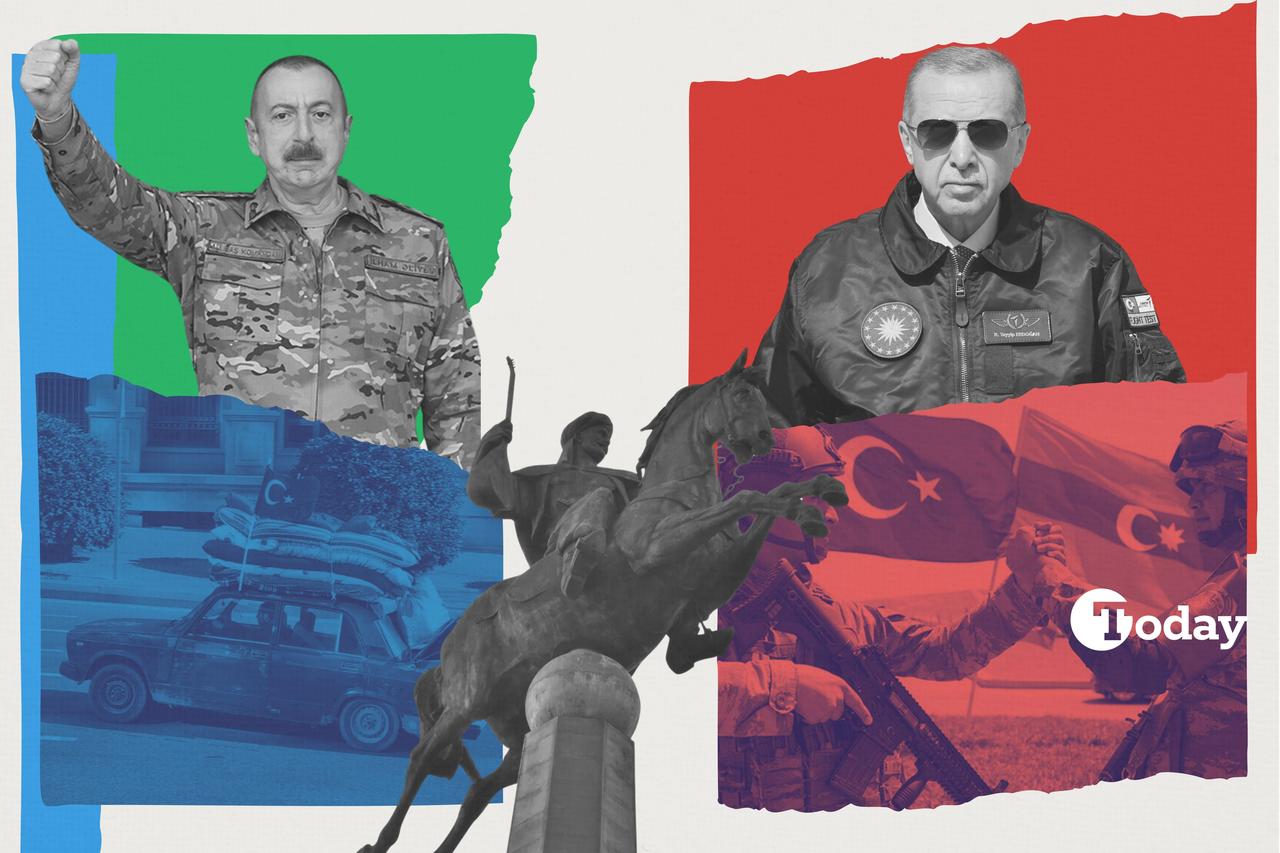
Azerbaijani President Ilham Aliyev’s statement—“You know and should know that you have 10 million brothers and sisters in Azerbaijan. Azerbaijanis also know that we have more than 80 million brothers and sisters in Türkiye. Long live Türkiye!”—powerfully reflects the emotional and historical connection between the two nations.
According to Umut Erdogan, a lecturer at Abant Izzet Baysal University, this relationship goes beyond political diplomacy and represents a deeply rooted unity based on shared ancestry, cultural traditions, and a common national consciousness.
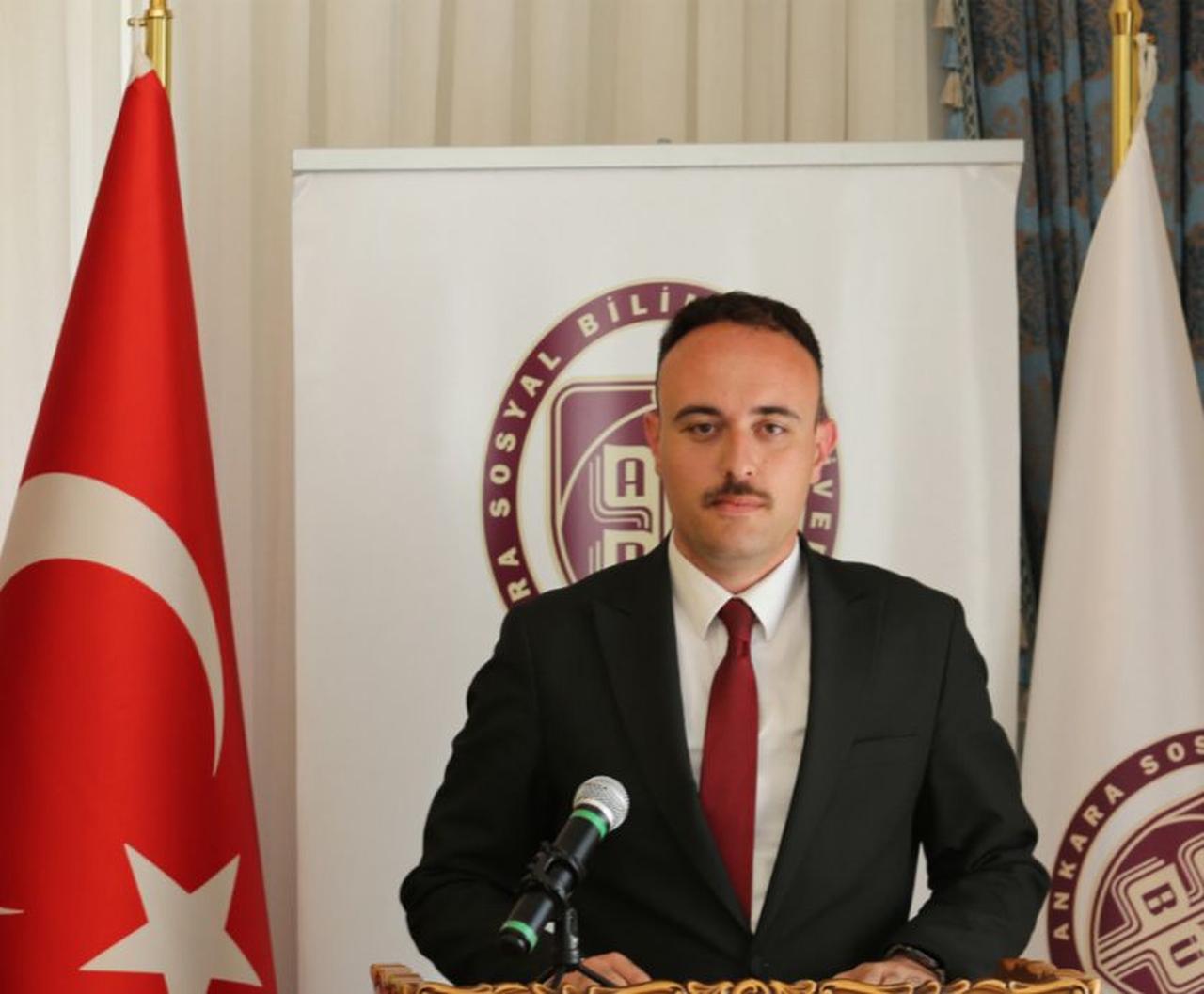
Erdogan emphasizes that both Türkiye and Azerbaijan are modern heirs to the Oghuz Turkic lineage, which stretches from Central Asia to Anatolia and the Caucasus. From the Seljuk and Ottoman empires to the Azerbaijani khanates, various political structures have preserved and passed on this identity.
He notes that Turks in both countries share not only common ancestors but also a shared historical geography, having lived through many of the same cultural and spiritual milestones.
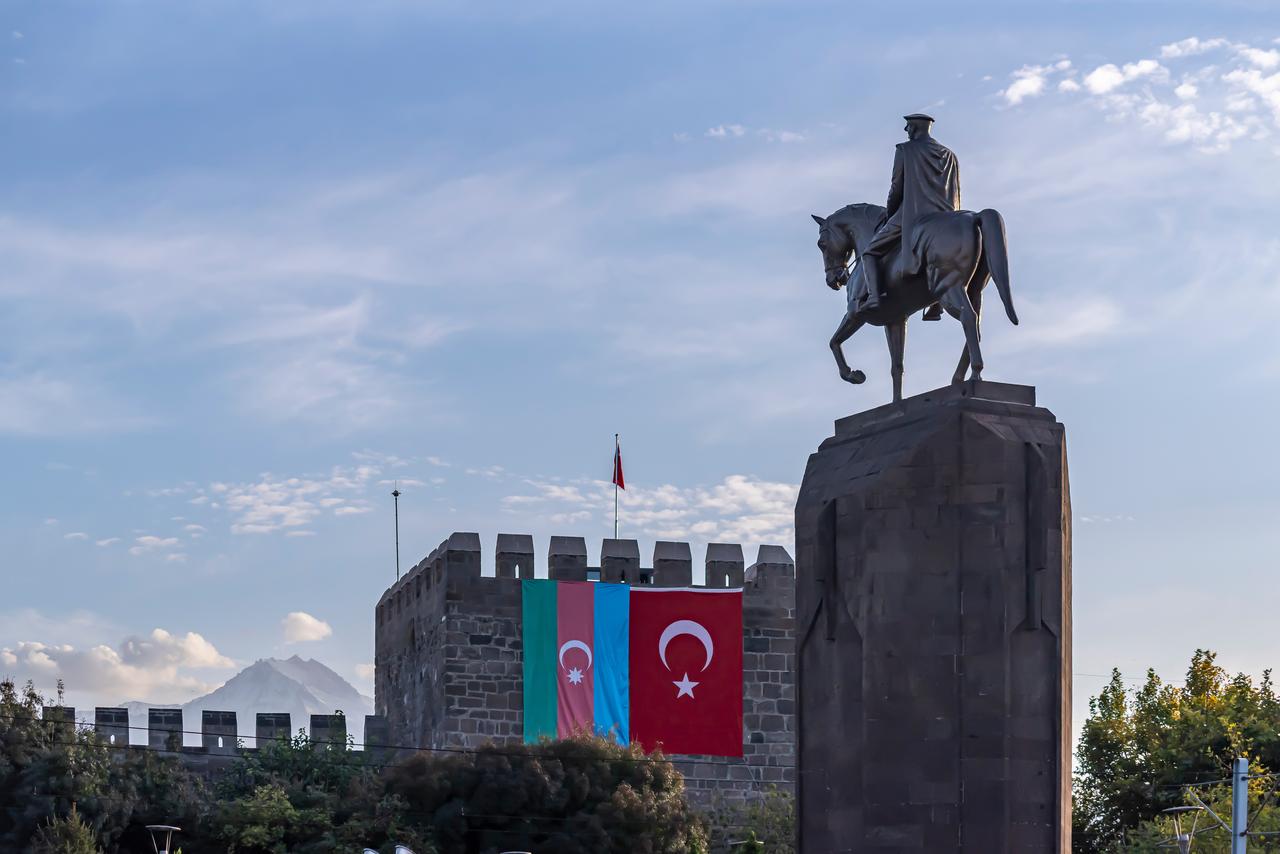
As Erdogan explains, the Turkish and Azerbaijani languages are remarkably similar and serve as extensions of one another. Their closeness is reflected in a shared linguistic world of idioms, poems, folk songs, and epics. These expressions act as cultural bridges, connecting people emotionally and intellectually.
He adds that public celebrations such as Nowruz, Ramadan, and Eid al-Adha, as well as traditional ceremonies like weddings and community festivals, carry the same cultural meanings in both countries. The traditions of bardic storytelling, folk verse, and minstrel poetry are deeply rooted and actively preserved on both sides.
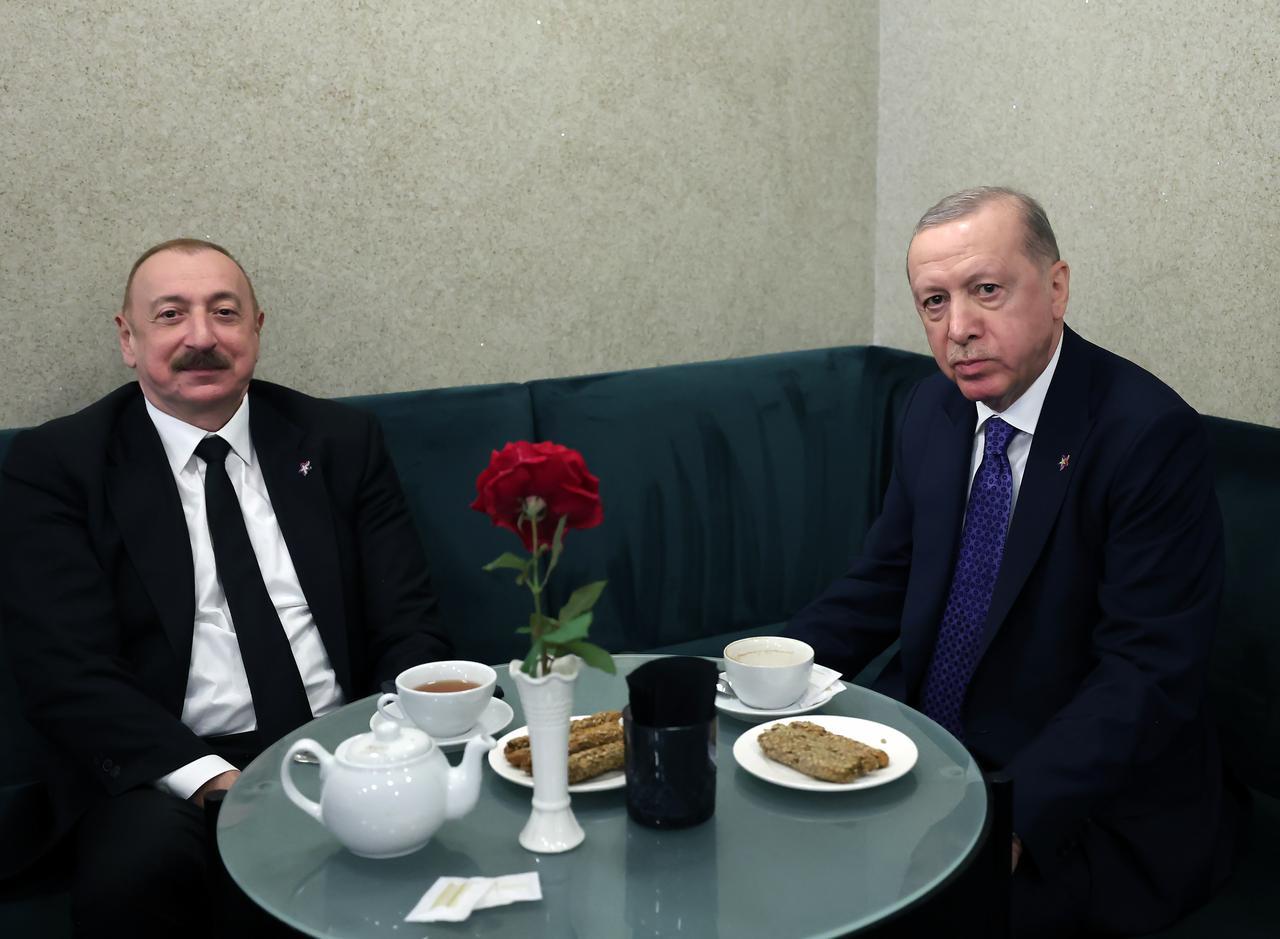
Erdogan points out that the shared cultural and ethnic background has also guided political decisions. When Azerbaijan declared independence in 1991, Türkiye was the first country to officially recognize it. This foundational act was later reinforced by Türkiye’s unwavering support during the Karabakh War, helping to popularize the now-famous phrase: “One Nation, Two States.”
He observes that today, institutional cooperation in key sectors—such as energy, defense, education, and cultural exchange—reflects a continuing effort to build a joint strategic future based on common values.
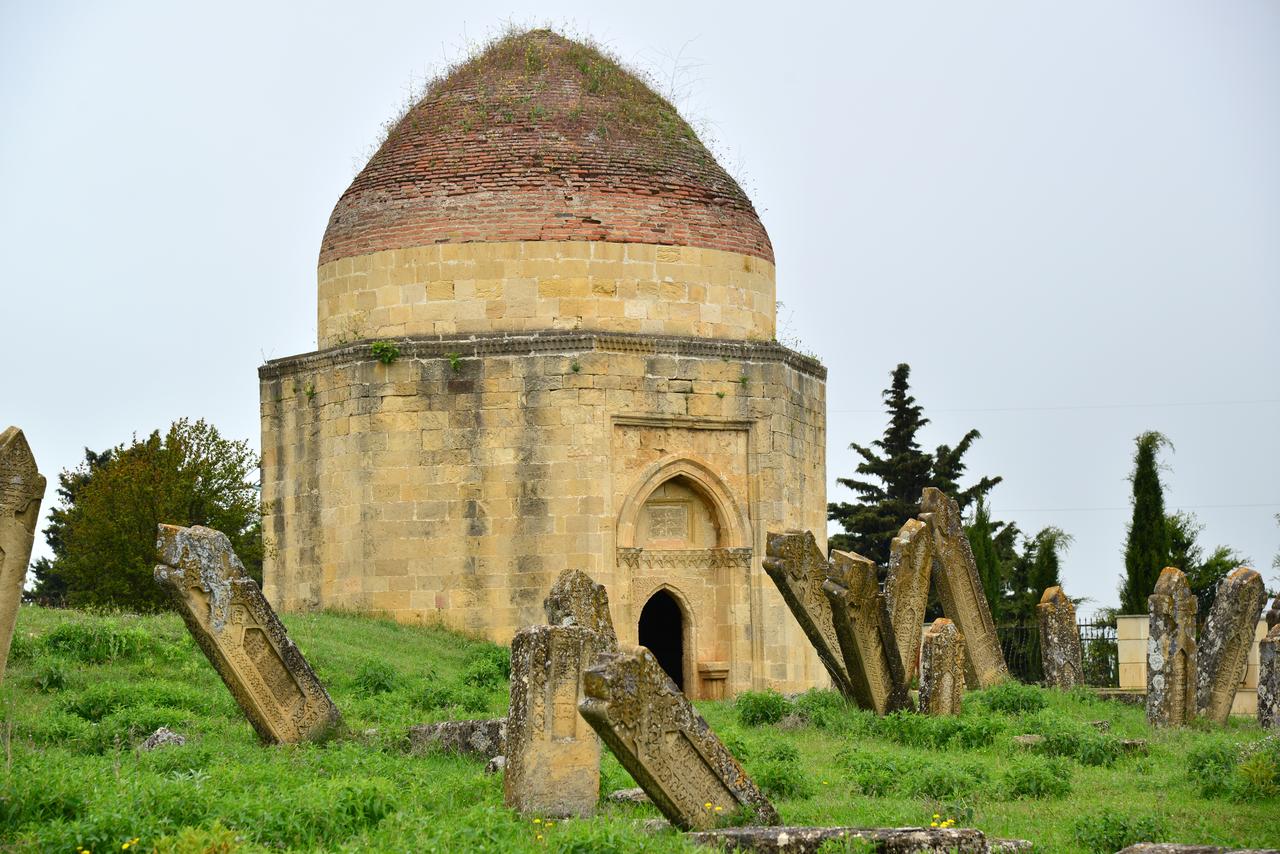
According to Erdogan, the deep connection between the two peoples is also visible in the cultural sphere. Shared architectural styles, music, and culinary heritage continue to reflect a unified identity. Literature and oral tradition, including foundational sources like the Orkhon Inscriptions and the tales of Dede Korkut, are celebrated and preserved in both countries.
He also highlights the role of collaborative media and academic initiatives—from joint TV broadcasts and poetry readings to educational and sporting exchanges—as ways in which both societies remain culturally engaged with one another.
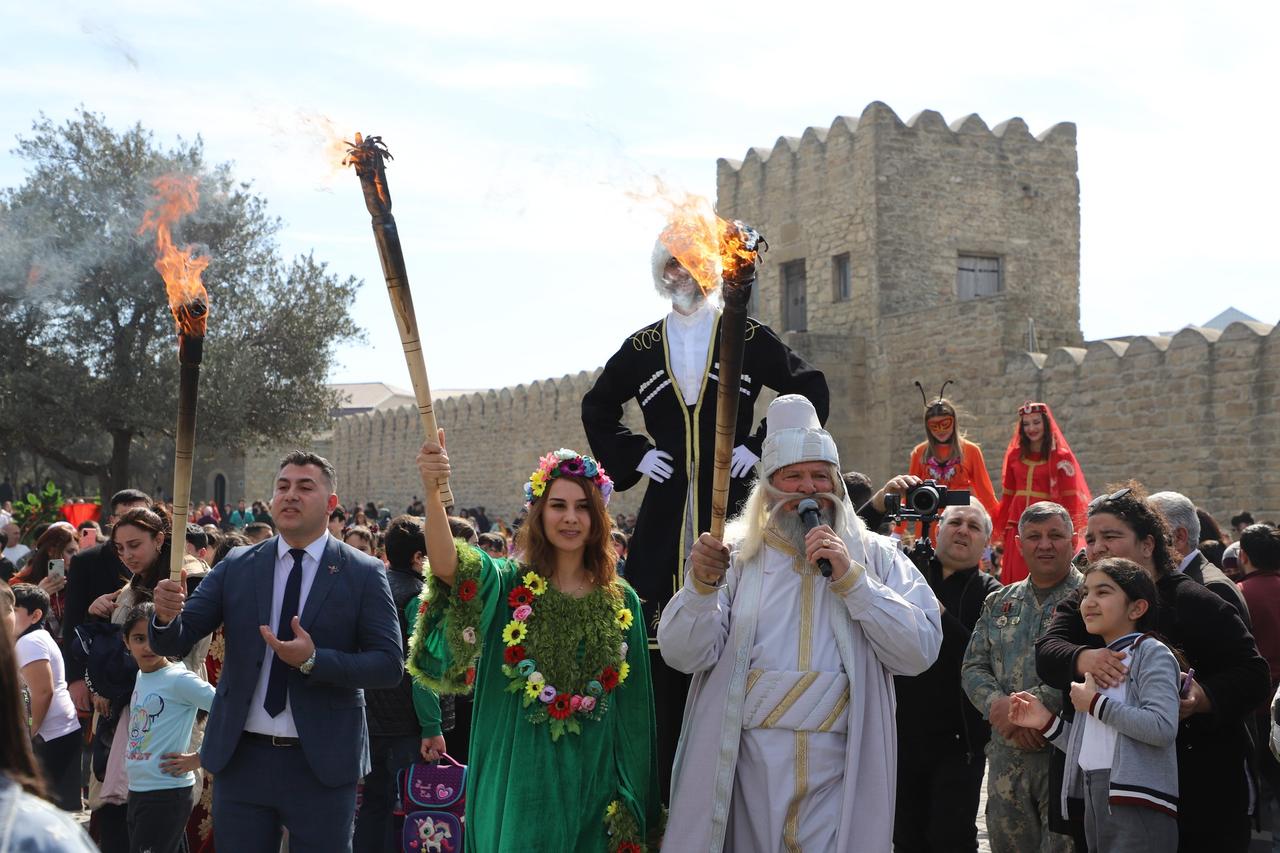
Erdogan further explained that many people in both Northern and Southern Azerbaijan now identify more closely with Turkish identity rather than older, Soviet-era labels such as “Azeri.” This shift, he says, speaks to the powerful emotional and national unity reflected in President Aliyev’s words. It also underscores a broader redefinition of the Türkiye–Azerbaijan relationship through the lens of nation, identity, and spirit.